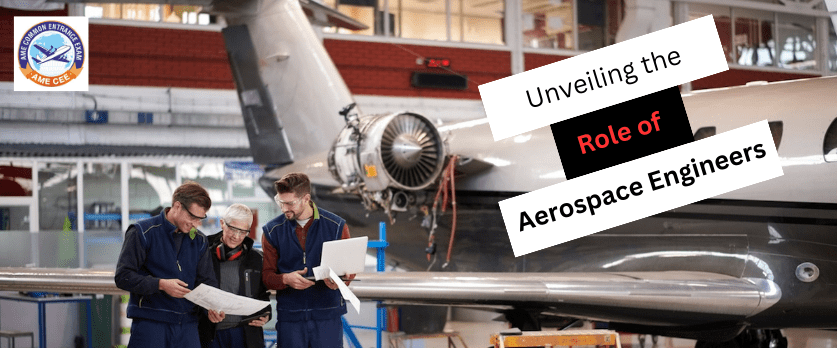Are you curious about the dynamic field of aerospace engineering and the pivotal role it plays in shaping the future of aviation and space exploration? In this detailed guide, we’ll explore the ins and outs of what aerospace engineers do and answer ten common questions to give you a clearer picture of this exciting career.”
What Does an Aerospace Engineer Do?
Aerospace engineers are professionals who design, develop, and maintain aircraft, spacecraft, and related systems. They combine principles of engineering, physics, and materials science to create innovative solutions that propel the aerospace industry forward.
Key Responsibilities of Aerospace Engineers
Aircraft Design
Aerospace engineers conceptualize and design aircraft, ensuring optimal aerodynamics, structural integrity, and fuel efficiency.
Spacecraft Development
They contribute to the design and development of spacecraft, satellites, and exploration vehicles for missions beyond Earth’s atmosphere.
System Testing
Aerospace engineers conduct rigorous testing to evaluate the performance and safety of aerospace systems, including propulsion systems and avionics.
Research and Development
Staying at the forefront of technology, aerospace engineers engage in continuous research to enhance existing systems and explore new possibilities.
Materials Selection
Engineers choose materials that can withstand the extreme conditions of aerospace environments, ensuring durability and reliability.
Project Management
Aerospace engineers often manage projects, overseeing teams and ensuring timelines and budgets are met.
Frequently Asked Questions
Q1. What educational background is required to become an aerospace engineer?
A. Aerospace engineers typically hold a bachelor’s degree in aerospace engineering or a related field. Advanced degrees can enhance career prospects.
Q2. Can aerospace engineers specialize in a specific area?
A. Yes, specialization is common, with options such as aerodynamics, propulsion systems, avionics, and materials science.
Q3. Are there job opportunities for aerospace engineers in the defense sector?
A. Yes, aerospace engineers often find employment in defense organizations, contributing to the development of military aircraft and technologies.
Q4. How is the job outlook for aerospace engineers?
A. The job outlook is positive, driven by ongoing advancements in aviation and space exploration, creating a sustained demand for skilled professionals.
Q5. What skills are essential for a successful career in aerospace engineering?
A. Strong analytical skills, attention to detail, problem-solving abilities, and proficiency in engineering software are crucial.
Q6. Do aerospace engineers work on both manned and unmanned vehicles?
A. Yes, aerospace engineers are involved in the design and development of both manned and unmanned vehicles, including drones and autonomous spacecraft.
Q7. Is there a role for aerospace engineers in environmental sustainability?
A. Absolutely, aerospace engineers play a key role in developing fuel-efficient aircraft and exploring sustainable propulsion technologies.
Q8. How can one stay updated with the latest developments in aerospace engineering?
A. Continuous learning through conferences, workshops, and industry publications helps engineers stay abreast of the latest technological advancements.
Q9. Can aerospace engineers work internationally?
A. Yes, the aerospace industry is global, offering opportunities for engineers to work on international projects and collaborate with professionals worldwide.
Q10. Are internships important for aspiring aerospace engineers?
A. Yes, internships provide practical experience, networking opportunities, and a chance to apply theoretical knowledge to real-world projects, enhancing employability.
To become an aerospace engineer you may could join aerospace engineering through AME COMMON ENTRANCE EXAM (AME CEE) this examination you may join Aerospace Engineering approved by AICTE.


